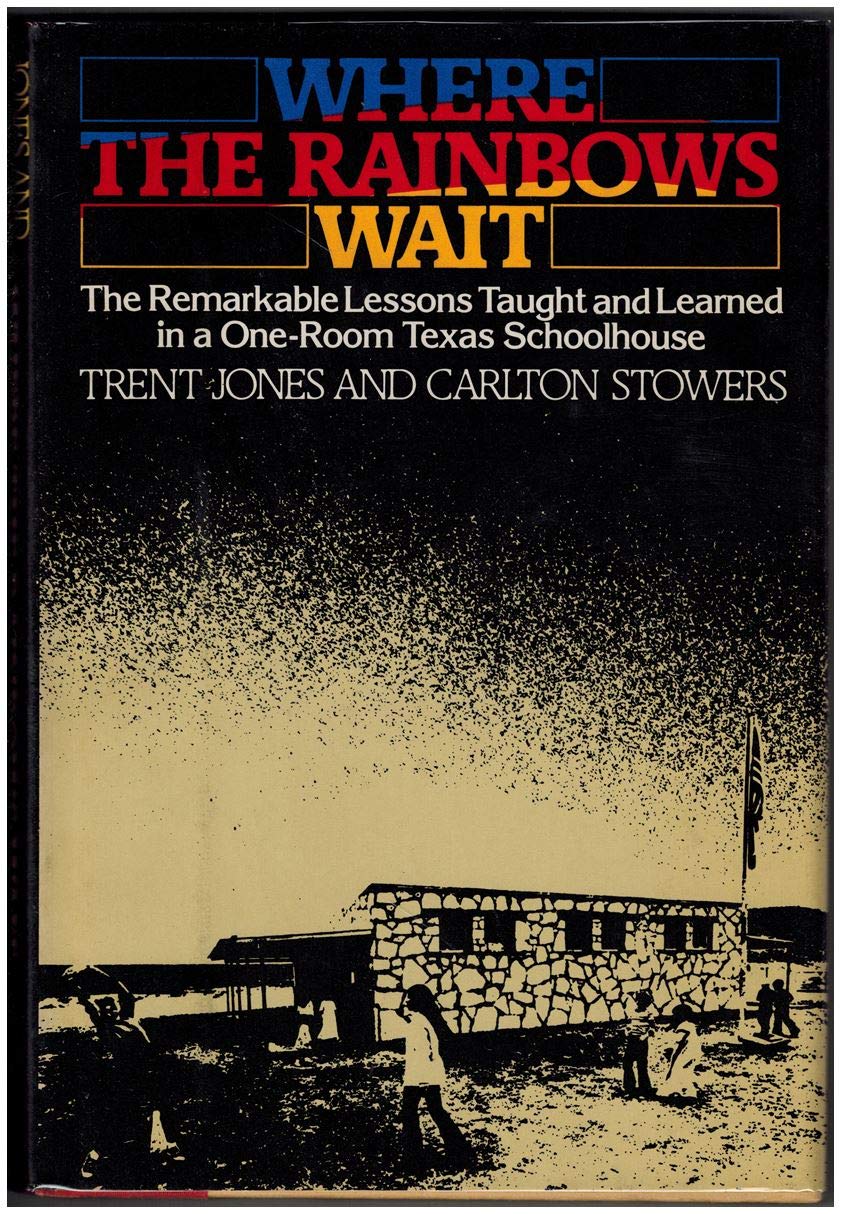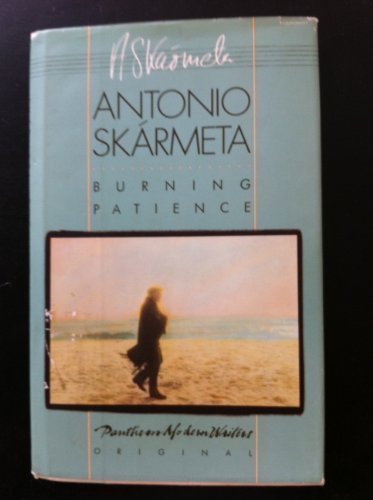 Home Ground
by
Barry Lopez (Editor); Debra Gwartney (Editor), San Antonio: Trinity University Press, c2006
Home Ground
by
Barry Lopez (Editor); Debra Gwartney (Editor), San Antonio: Trinity University Press, c2006
ISBN: 9781595340245
“[The book is] a glossary of terms used to describe the landscape of North America... ‘but the writers’ intent was not to be exhaustive, let alone definitive.’ [Introduction] Instead, the aim was, in the windswept language of landscape writing, to name ‘the things we’ve picked out on the land,’ names we’ve held on to ‘to make ourselves abiding and real.’...Literature, or something like it, hovers over the project like an impending storm... ‘What many of us are hopeful of now, it seems, is being able to gain — or regain — a sense of allegiance with our chosen places...,’ [Introduction]” — Robert Sullivan, New York Times, December 3, 2006
Barry Lopez asked 45 poets and writers to define terms that describe America's land and water forms -- phrases like flatiron, bayou, monadnock, kiss tank, meander bar, and everglade. The result is a major enterprise comprising over 850 descriptions, 100 line drawings, and 70 quotations from works by Willa Cather, Truman Capote, John Updike, Cormac McCarthy, and others. Carefully researched and exquisitely written by talents such as Barbara Kingsolver, Lan Samantha Chang, Robert Hass, Terry Tempest Williams, Jon Krakauer, Gretel Ehrlich, Luis Alberto Urrea, Antonya Nelson, Charles Frazier, Linda Hogan, and Bill McKibben,Home Ground is a striking composite portrait of the landscape. At the heart of this expansive work is a community of writers in service to their country, emphasizing a language that suggests the vastness and mystery that lie beyond our everyday words.
Here are some favorite words and their definition writers. Some of these and others were read and became poetry at the Reading the Western Landscape Community Book Discussion on Wednesday, May 18, 2022, at 7:00 p.m. PDT:
Witness tree by Robert Michael Pyle, Wrack line by Jeffery Renard Allen, Vein by Terry Tempest Williams, Unconformity by Kim Stafford, Uintah structure by Terry Tempest Williams, U-shaped Valley by Gretel Ehrlich, Tule land by Robert Morgan, Tule by Pattiann Rogers, Tsegi by Arthur Sze, Tree tip pit by Gretel Ehrlich, Travertine by Ellen Meloy, Tombolo by Bill McKibben, Tank by Stephen Graham Jones, Talus by Ellen Meloy, Stream by Gretel Ehrlich, Stratovolcano by John Daniel, Singing Sand by D. J. Waldie, Sierra by Stephen Graham Jones, Sidehill by Mary Swander, Shore by Luis Alberto Urrea, Shinnery by Barry Lopez, Section by D. J. Waldie, Scabland by Pattiann Rogers, Sand waves by Ellen Meloy, Salt lake by Terry Tempest Williams, Sag by Michael Collier, Refugium by Barry Lopez, Raft by Robert Michael Pyle, Pouroff by Pattiann Rogers, Postpile by Stephen Graham Jones, Pool and riffle by William DeBuys, Plain by Mary Swander, Pit by Jeffery Renard Allen, Peninsula by Carolyn Servid, Peak by William Kittredge, Patch by Arthur Sze, Park by Scott Russell Sanders, Painted hill by John Daniel, Misfit stream by Carolyn Servid, Midden by Terry Tempest Williams, Mesa by Barbara Kingsolver, Meander by William DeBuys, Marsh by Bill McKibben, Marine terrace by Linda Hogan, Lava field by John Daniel, Imbricated rock by Ellen Meloy, Ice dam by John Daniel, Huerfano by Luis Alberto Urrea, Gully by Elizabeth Cox, Gulch by Elizabeth Cox, Groundwater by Donna Seaman, Exotic stream by Jeffery Renard Allen, Ecotone by William DeBuys, Dust dome Jeffery Renard Allen, Dune by D.J. Waldie, Dugway by Kim Barnes, Dry fall by Joy Williams, Draw by Conger Beasley, Jr, Desert varnish by William DeBuys, Dead ice by D. J. Waldie, Continental divide by Conger Beasley, Jr., Colina by D. J. Waldie, Chaparral by Robert Hass, Cascade by John Daniel, Canyon by Ellen Meloy, Bench by Terry Tempest Williams, Basin and range by William Kittredge, Bar ditch by Stephen Graham Jones, Acequia by Conger Beasley, Jr.


 Where the Rainbows Wait: The remarkable Lessons Taught & Learned in a One-Room Texas Schoolhouse
by
Where the Rainbows Wait: The remarkable Lessons Taught & Learned in a One-Room Texas Schoolhouse
by
 The Maltese Falcon
by
The Maltese Falcon
by
 Burning Patience
by
Burning Patience
by